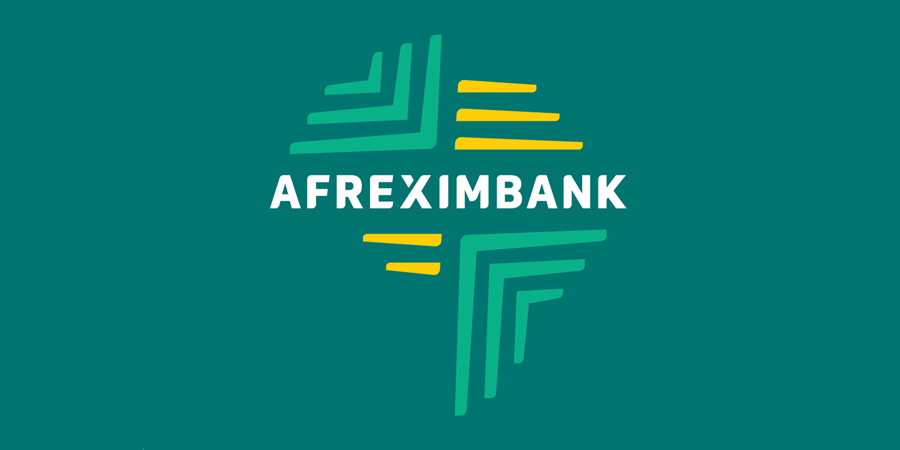In its African Economic and Trade Outlook 2025 report, titled “African Resilience in a Changing World Order,” Afreximbank highlighted a notable improvement in Africa’s trade performance in 2024, driven by stabilizing commodity prices—a contrast to the volatility observed in prior years.
The report stated that Africa’s trade in goods achieved record highs in 2022, totaling $1,407 billion in exports and imports combined. However, 2023 saw trade activity decline by about 6%, influenced by tighter monetary policies and global economic uncertainties. In 2024, trade rebounded with 5.8% growth, returning to 2022 levels. Exports surged by roughly 10% to $682 billion, while imports rose by 2.4% to $719 billion, narrowing Africa’s trade deficit to $37 billion from $80 billion in 2023.
Oil-exporting nations like Algeria, Angola, and Nigeria benefited from relatively stable crude oil prices in 2024. Afreximbank described this period as one of balanced oil markets, following price fluctuations caused by the Russia-Ukraine conflict in 2022 and a slowdown in 2023. Stability in prices supported robust export earnings and mitigated drastic price changes for these countries.
The report also noted inflation trends across Africa. West Africa experienced the steepest rise in inflation, reaching 21.4% in 2024, up from 20.6% in 2023. North Africa recorded a moderate increase in inflation to 18.5%, while disinflation was observed in Central, Eastern, and Southern Africa.
For example, Southern Africa saw inflation drop significantly from 38.9% in 2023 to 20.1% in 2024 due to Zimbabwe’s successful inflation control measures. Central Africa experienced a decline to 8.4%, while inflation in Eastern Africa decreased slightly to 20.9%.
The report attributed high inflation rates in some regions to the depreciation of African currencies against the US dollar, combined with extreme weather events disrupting agriculture and pushing up prices across the continent.



